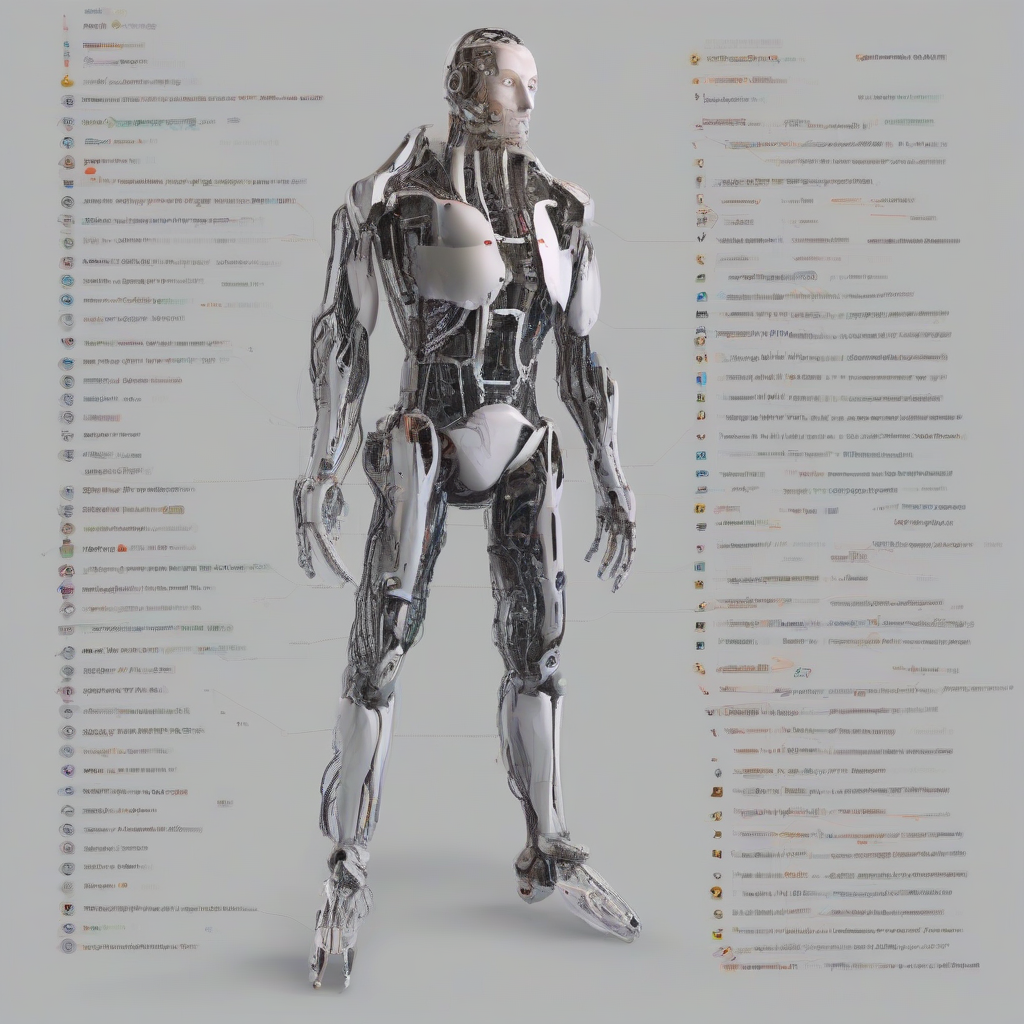Automotive CRM Systems: Enhancing Customer Relationships and Driving Sales
In today’s competitive automotive industry, building strong customer relationships is crucial for success. Automotive CRM systems are powerful tools that empower dealerships to manage customer interactions, enhance service quality, and ultimately boost sales.
Understanding Automotive CRM Systems
A CRM (Customer Relationship Management) system is a software application that helps businesses manage their interactions with current and potential customers. Automotive CRM systems are specifically designed for the unique needs of car dealerships, offering features like:
- Customer Database Management: Store detailed information about each customer, including contact details, purchase history, service records, and preferences.
- Lead Management: Capture and qualify leads from various sources, such as websites, social media, and marketing campaigns.
- Sales Management: Track sales opportunities, manage deals, and monitor the sales pipeline.
- Service Scheduling and Management: Schedule appointments, manage service history, and track customer feedback for service appointments.
- Marketing Automation: Create targeted campaigns, personalize communications, and nurture leads through email, SMS, and social media.
- Customer Service and Support: Manage inquiries, resolve issues, and provide prompt support to customers.
- Reporting and Analytics: Gain insights into customer behavior, sales performance, and marketing effectiveness.
Benefits of Implementing an Automotive CRM System
Implementing a robust CRM system can bring significant benefits to automotive dealerships, including:
Enhanced Customer Relationships
- Personalized Communication: CRM systems enable dealerships to send personalized messages and offers based on customer preferences, purchase history, and service needs.
- Improved Service Quality: By tracking service history and customer feedback, dealerships can ensure consistent and high-quality service experiences.
- Increased Customer Loyalty: Building strong customer relationships through personalized interactions and exceptional service fosters loyalty and repeat business.
Increased Sales and Revenue
- Effective Lead Management: By capturing and qualifying leads efficiently, dealerships can convert more leads into paying customers.
- Improved Sales Pipeline Management: Tracking sales opportunities and monitoring the sales pipeline helps dealerships prioritize deals and maximize revenue.
- Cross-Selling and Upselling Opportunities: CRM systems provide insights into customer needs and purchasing behavior, enabling dealerships to offer relevant products and services to increase sales.
Streamlined Operations and Efficiency
- Centralized Data Management: CRM systems provide a single source of truth for all customer data, eliminating data silos and improving efficiency.
- Automated Processes: By automating tasks such as lead follow-up, appointment scheduling, and marketing campaigns, CRM systems free up staff time for more strategic activities.
- Improved Collaboration: CRM systems facilitate communication and collaboration between sales, service, and marketing teams, ensuring seamless customer experiences.
Key Features of Automotive CRM Systems
Automotive CRM systems offer a variety of features tailored to the unique needs of dealerships. Here are some essential features to consider:
Customer Management
- Customer Profiles: Detailed customer profiles that store information like contact details, purchase history, service records, and preferences.
- Customer Segmentation: Segment customers based on demographics, purchase history, and behavior patterns to personalize marketing campaigns and offers.
- Customer Relationship Management: Tools to manage customer interactions, track communication history, and build relationships over time.
Lead Management
- Lead Capture: Capture leads from various sources, such as websites, social media, and marketing campaigns.
- Lead Qualification: Assess the quality of leads based on factors like interest level, budget, and purchase intent.
- Lead Nurturing: Automate communication and engagement with leads to build relationships and move them through the sales pipeline.
Sales Management
- Opportunity Management: Track sales opportunities, manage deals, and monitor the sales pipeline.
- Sales Forecasting and Reporting: Analyze sales performance, track key metrics, and generate forecasts.
- Sales Automation: Automate tasks like sending quotes, scheduling appointments, and following up with customers.
Service Management
- Appointment Scheduling: Schedule service appointments, manage customer availability, and optimize appointment scheduling.
- Service History Management: Track service records, maintenance schedules, and parts used for each vehicle.
- Customer Feedback Management: Collect and manage customer feedback on service experiences to identify areas for improvement.
Marketing Automation
- Email Marketing: Create and send targeted email campaigns to nurture leads, promote offers, and keep customers informed.
- SMS Marketing: Send personalized SMS messages to customers for appointment reminders, service updates, and promotions.
- Social Media Marketing: Manage social media presence, engage with customers, and run targeted advertising campaigns.
Reporting and Analytics
- Dashboards and Reports: Gain insights into customer behavior, sales performance, marketing effectiveness, and service operations.
- Data Visualization: Use charts, graphs, and dashboards to visualize data and identify trends.
- Business Intelligence: Leverage data analytics to make informed business decisions, improve strategies, and optimize operations.
Choosing the Right Automotive CRM System
Selecting the right CRM system is crucial for a dealership’s success. Here are some factors to consider:
Business Needs and Goals
- Dealership Size and Complexity: Smaller dealerships may require a basic system, while larger dealerships may need a more comprehensive solution.
- Sales and Service Processes: The CRM system should align with the dealership’s existing sales and service processes.
- Marketing Strategies: The system should support the dealership’s marketing objectives and provide tools for creating targeted campaigns.
Features and Functionality
- Customer Management: Look for robust customer profile management, segmentation, and relationship management features.
- Lead Management: Ensure the system provides effective lead capture, qualification, and nurturing capabilities.
- Sales Management: Consider features like opportunity management, sales forecasting, and sales automation.
- Service Management: Look for tools to manage appointments, service history, and customer feedback.
- Marketing Automation: Evaluate the system’s email marketing, SMS marketing, and social media marketing capabilities.
- Reporting and Analytics: Choose a system that offers customizable dashboards, reports, and data visualization tools.
Integration and Compatibility
- Existing Systems: Ensure the CRM system integrates seamlessly with the dealership’s existing systems, such as accounting software, inventory management, and website platforms.
- Mobile Accessibility: Choose a CRM system that offers a mobile app for access from smartphones and tablets.
Cost and Support
- Pricing: Compare pricing models, including subscription fees, implementation costs, and ongoing support fees.
- Support Services: Look for vendors that offer comprehensive support, including training, documentation, and ongoing assistance.
Implementing an Automotive CRM System
Implementing a CRM system effectively requires careful planning and execution. Here are key steps involved:
1. Define Objectives and Requirements
- Clearly define the goals for implementing the CRM system, such as improving customer relationships, increasing sales, or streamlining operations.
- Identify the specific features and functionalities required to achieve these objectives.
2. Select the Right CRM System
- Research and evaluate different CRM systems based on business needs, features, integration, and cost.
- Seek recommendations from other dealerships or industry experts.
3. Data Migration and Integration
- Transfer existing customer data from legacy systems into the new CRM system.
- Integrate the CRM system with other relevant systems to ensure data consistency and streamline processes.
4. User Training and Adoption
- Provide comprehensive training to all users on the CRM system’s features and functionalities.
- Encourage user adoption by demonstrating the system’s benefits and providing ongoing support.
5. Process Optimization and Customization
- Customize the CRM system to align with the dealership’s specific processes and workflows.
- Continuously monitor and optimize processes to maximize efficiency and effectiveness.
6. Ongoing Monitoring and Improvement
- Regularly track key metrics, analyze data, and identify areas for improvement.
- Stay updated on the latest CRM system features and best practices.
Conclusion
Automotive CRM systems are essential tools for dealerships to enhance customer relationships, drive sales, and streamline operations. By implementing a robust CRM system and leveraging its features effectively, dealerships can gain a competitive edge in today’s demanding automotive market.





